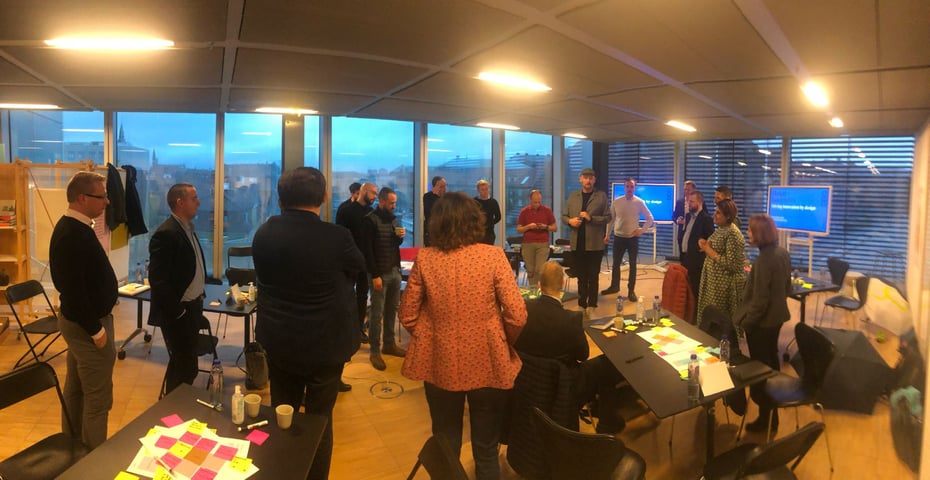“Lifelong learning” first became a buzzword in Europe in the mid-1990s and is increasingly relevant today.
Put simply, lifelong learning means that people can and should have the opportunity to learn throughout their lives. Learning takes place in many different situations. Much of this occurs after we have finished our formal education and are in the early phases of adult life and our careers. Lifelong learning not only makes people more employable but also furthers their personal development.
According to research by Hildebrand D.S. (2008), there are a number of benefits lifelong learning can offer to you:
Keeps the mind sharp
It is a known fact that learning has beneficial effects on the brain. Learning something new – like a new skill, hobby or activity – increases the efficiency of your brain and helps boost your memory. As we get older, continuous learning helps to keep our minds sharp. Research shows that learning can even help delay symptoms of Alzheimer’s.
Sharpens the confidence
Stepping out of your routine, taking on new challenges or just learning something new can help you avoid becoming insecure about your abilities. Lifelong learning is a way to make your life and work more fulfilling. It gives you confidence in your ability to learn, share information with others and tackle challenges.
Improves interpersonal skills
Learning together with like-minded people offers an opportunity to socialise and can greatly improve your interpersonal skills. When learning, we engage in life with those around us. In addition, learning from and with others helps to build and enhance relationships.
Accelerates career opportunities
Lifelong learning is an essential part of career progression. Learning both enhances existing skills and provides the opportunity to learn new skills to allow for personal and professional development.
Enhances the ability to communicate
Learning employs the skills of reading, listening and writing – skills essential to communication. Enhancing these skills improves our ability to interact with people and formulate our thoughts and feelings, both of which benefit our ability to write emails, reports and more.







